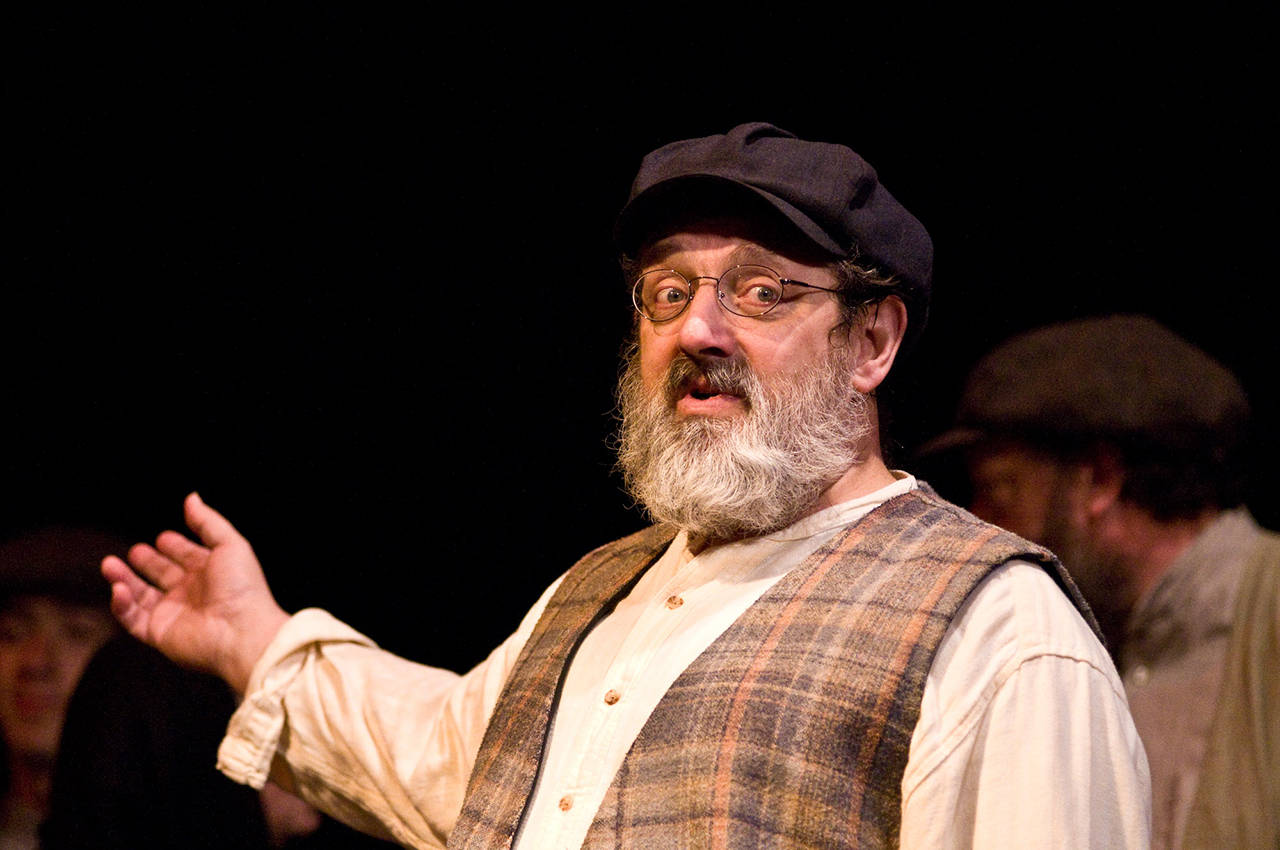Passionate, gifted people generally use their gifts to pursue their passions. But what if your passions can’t support your family? You use those gifts to make yourself a conduit. That’s been Gary Alexander’s route.
Growing up in Seattle in the 1950s, Gary Alexander was a front-row student, a kid who memorized facts from the World Book encyclopedia. Music was his passion, but he also excelled at history, literature and math. Then at graduation in 1963, drawn to something deeper, Gary shocked his teachers and his Boeing engineer father by turning down a National Merit Scholarship to study theology at Ambassador College in Pasadena, California.
Perhaps some deeper karma was at work, because in Pasadena Gary met Karen Biedler, on a bus to their “Get Acquainted” beach party in 1966. Gary was attempting to lead a sing-along. Karen later told him that she heard him from the back row and decided, “‘This guy’s got a good voice, I want to sing with him.’ So she started, and her voice is so sweet and powerful … she kinda rescued my sing-along.” Gary and Karen harmonized so well they got married, starting their family right away. Next January will mark their 50th anniversary.
Disillusioned with the excesses of his religious mentors and holding an “unmarketable” degree, Gary looked for a way to support a family of five. Though led toward writing and music, he knew writers and musicians “have a long history of starving.” His solution? Write for people who have money. Thus began Gary’s career of financial analysis and ghostwriting.
After a short stint in southern California of technical writing — which he loathed — Gary found his niche in 1979 in Virginia, in the financial newsletter industry. Gary was hired to write a series of “Secrets of the Millionaires” booklets (despite never having earned over $18,000 a year by then), signing them “Mr. X.”
That job led to a year of writing for Personal Finance Newsletter, then free-lancing. In 1982, Gary met noted “gold bug” James U. Blanchard III and moved the family to New Orleans to edit Blanchard’s publications and ghostwrite his autobiography. “It’s amazing how you can make money if you just subdue the ego, and help other people say what they want so say,” Gary notes.
The move to New Orleans was hard on the kids, then teens, but Gary continued to rise in his profession, writing about international investments. (Who needs an economics degree when you’re someone who memorizes encyclopedias?) Karen began working full-time outside the home then, too, coordinating speakers for Blanchard’s conferences.
Throughout his life, music also supported Gary emotionally and financially, as this “former jazz snob” played in a country-rock band from 1970 to 1982 in both California and Virginia, earning $40 in Saturday night honky tonks and learning to love the genre. But, as with writing, Gary pushed self-promotion away. “What the world needs is not another mediocre sax player,” he decided. “What the world needs is an audience for the great ones.” In New Orleans, Gary took his first giant step toward music promotion: a DJ gig at WWOZ. Besides rubbing shoulders with jazz greats — like a teenage Harry Connick, Jr. — Gary wrote articles and program notes and gave pre-concert lectures, using his encyclopedic knowledge of musicians to amplify the audience’s experience.




